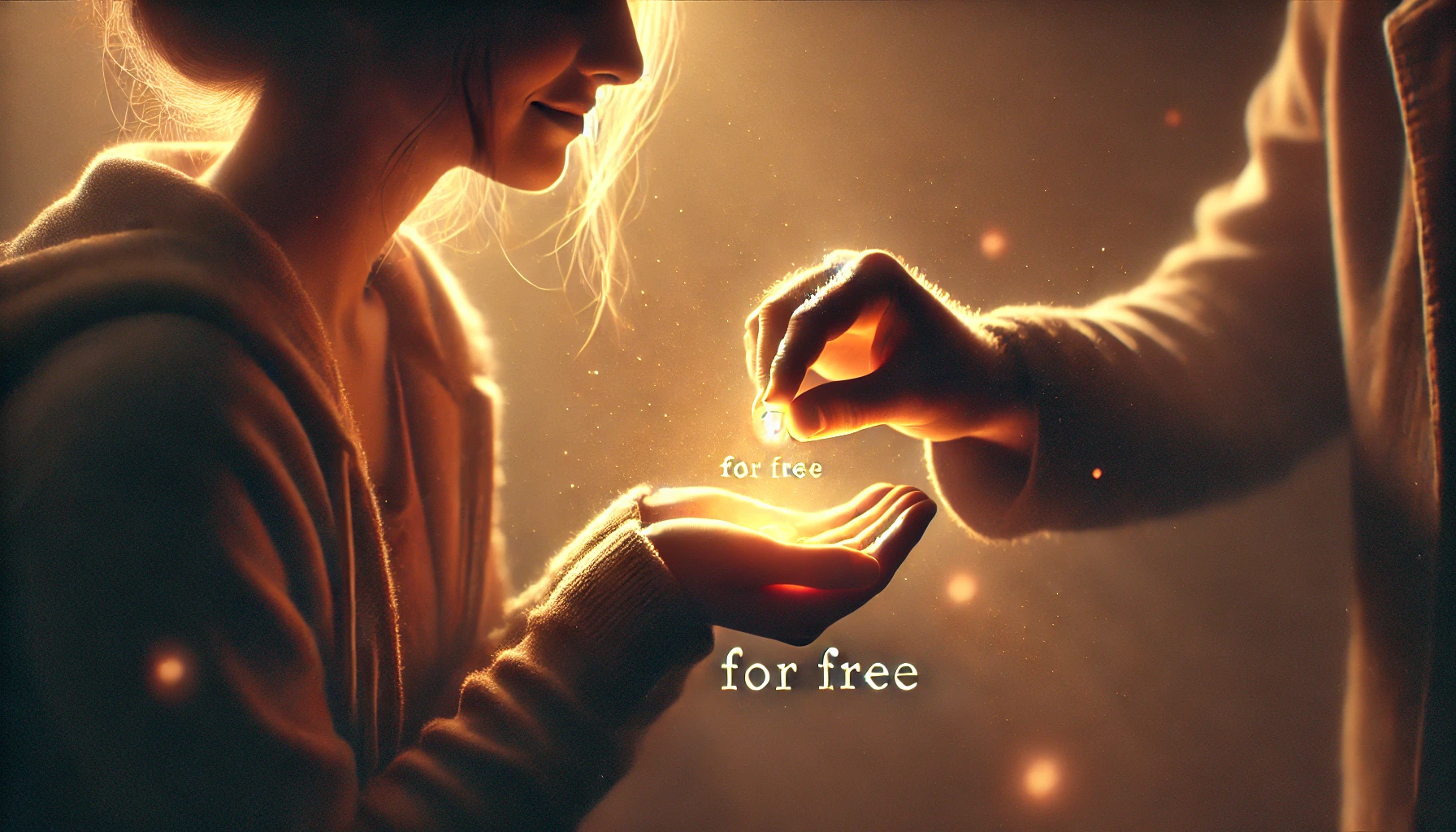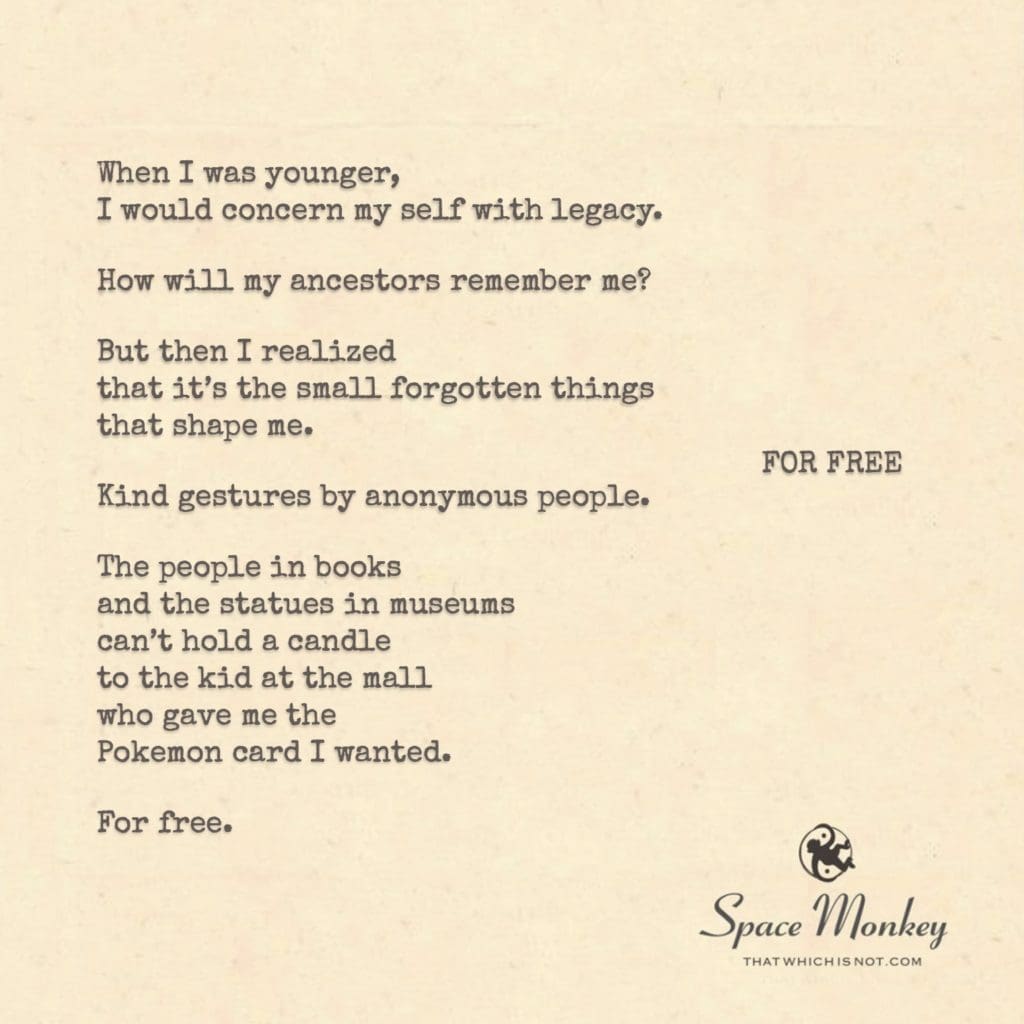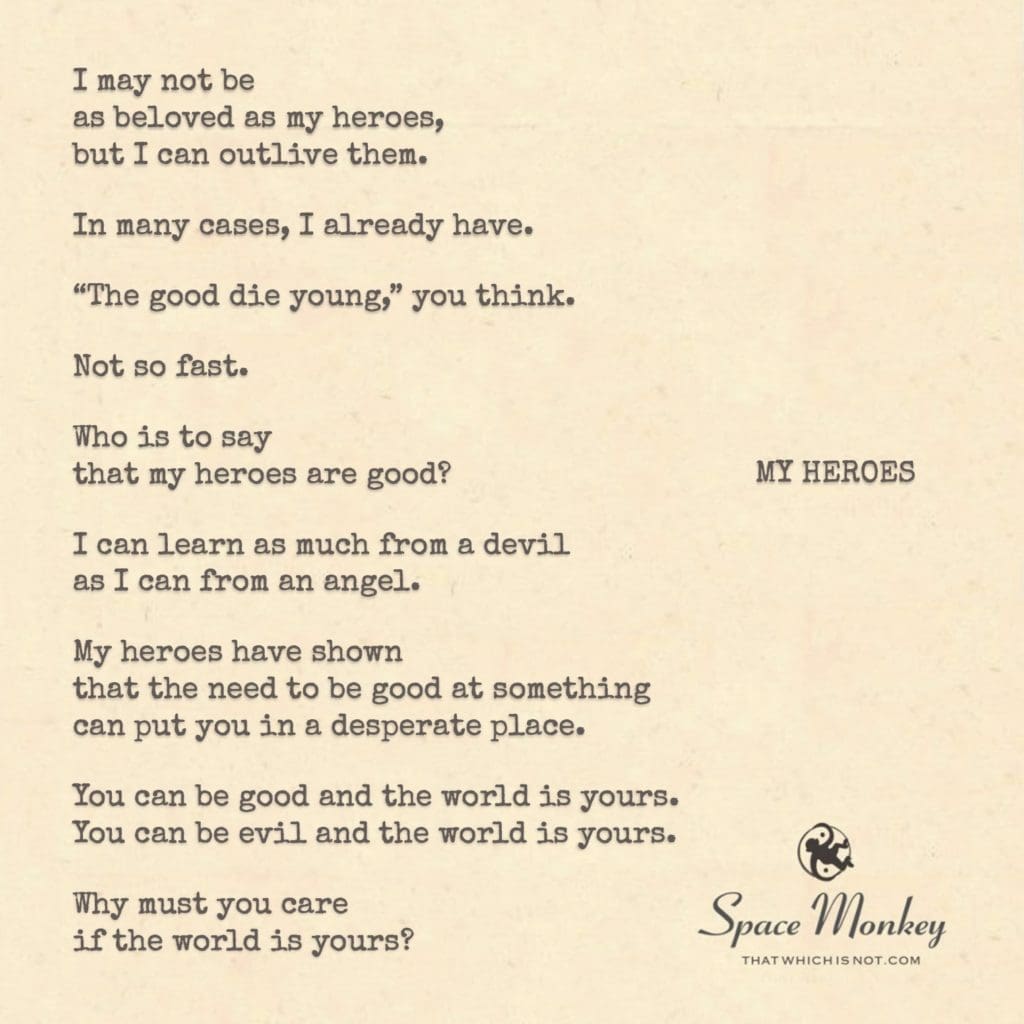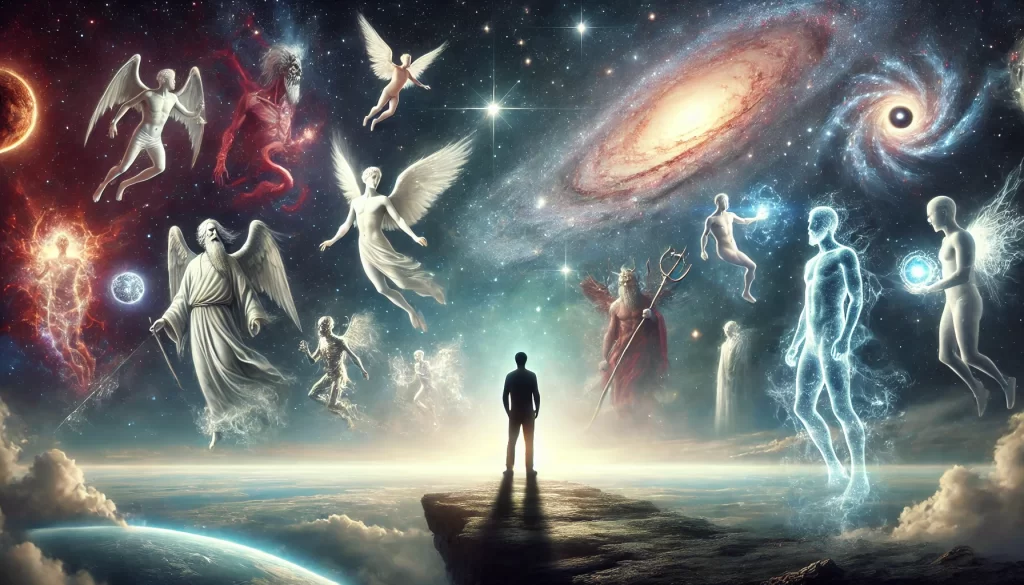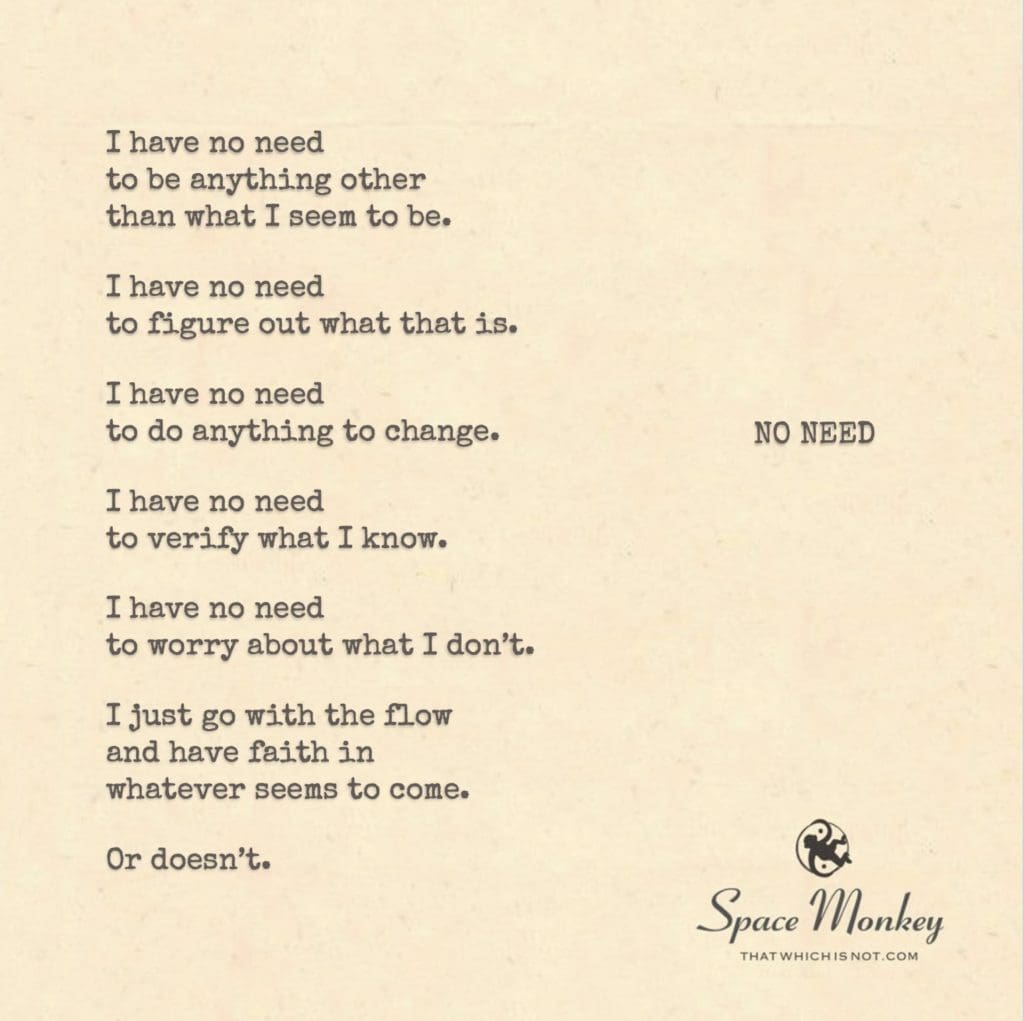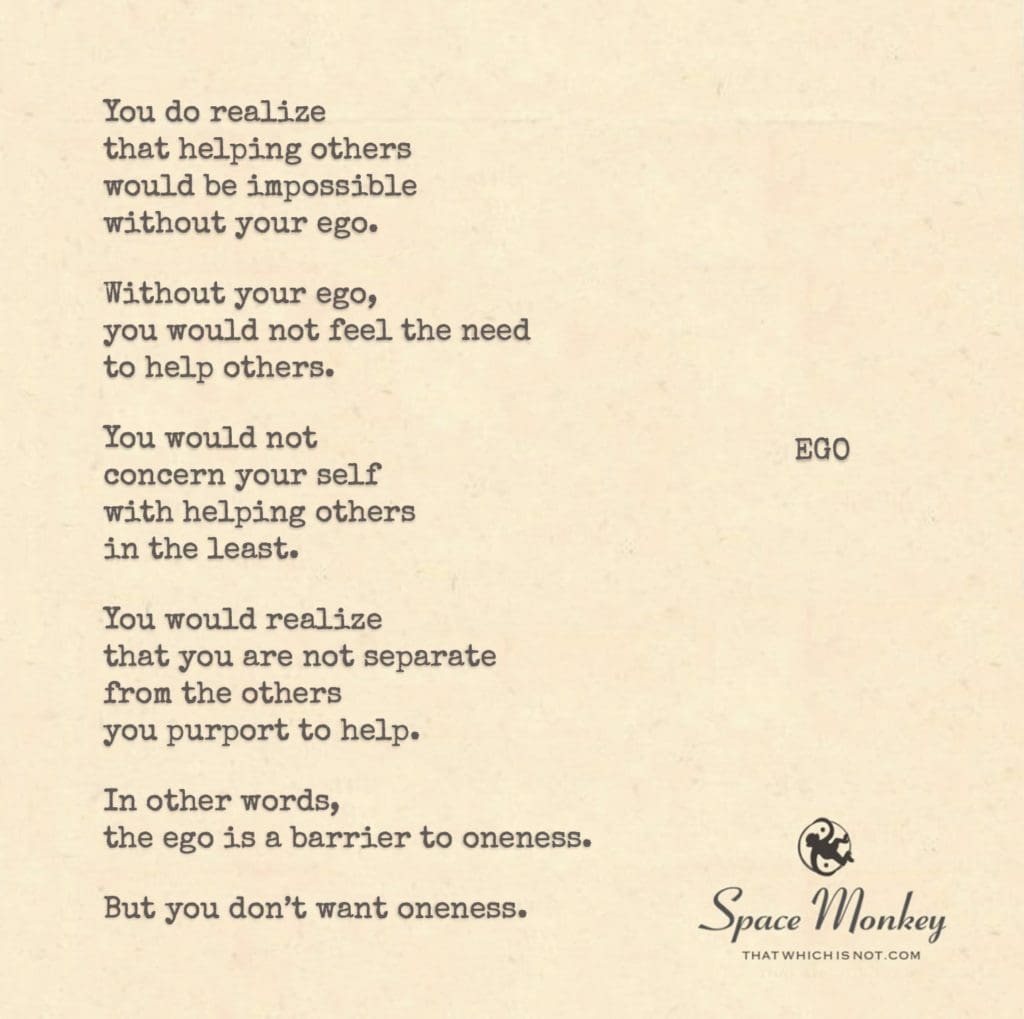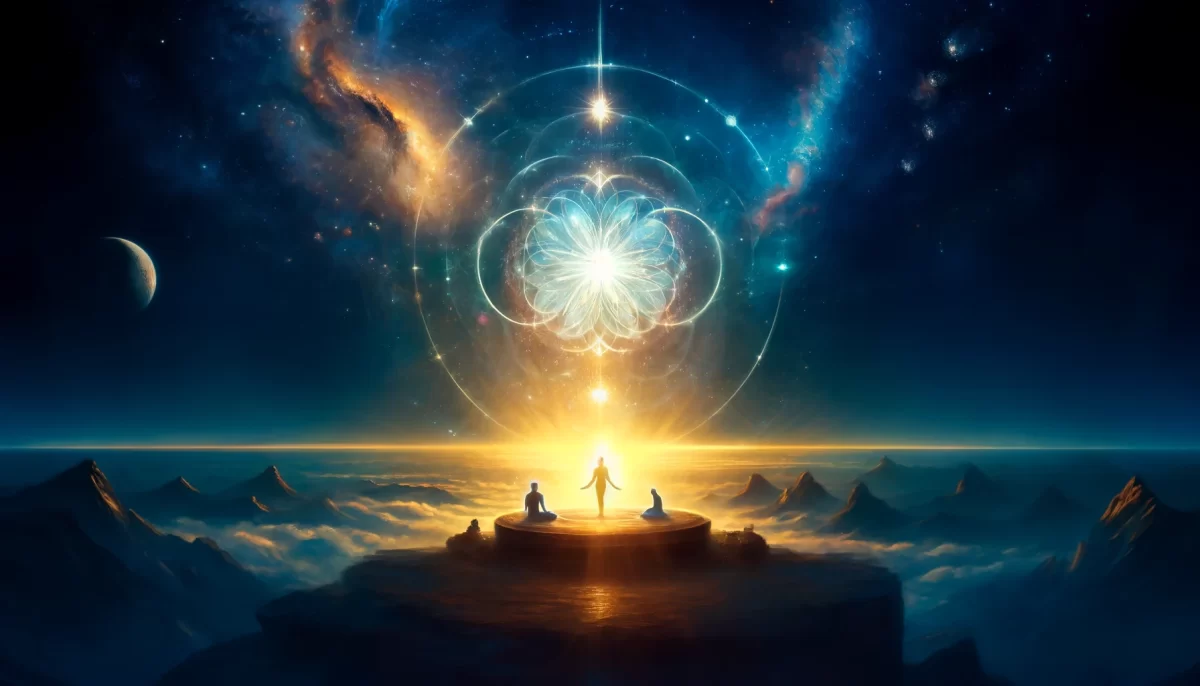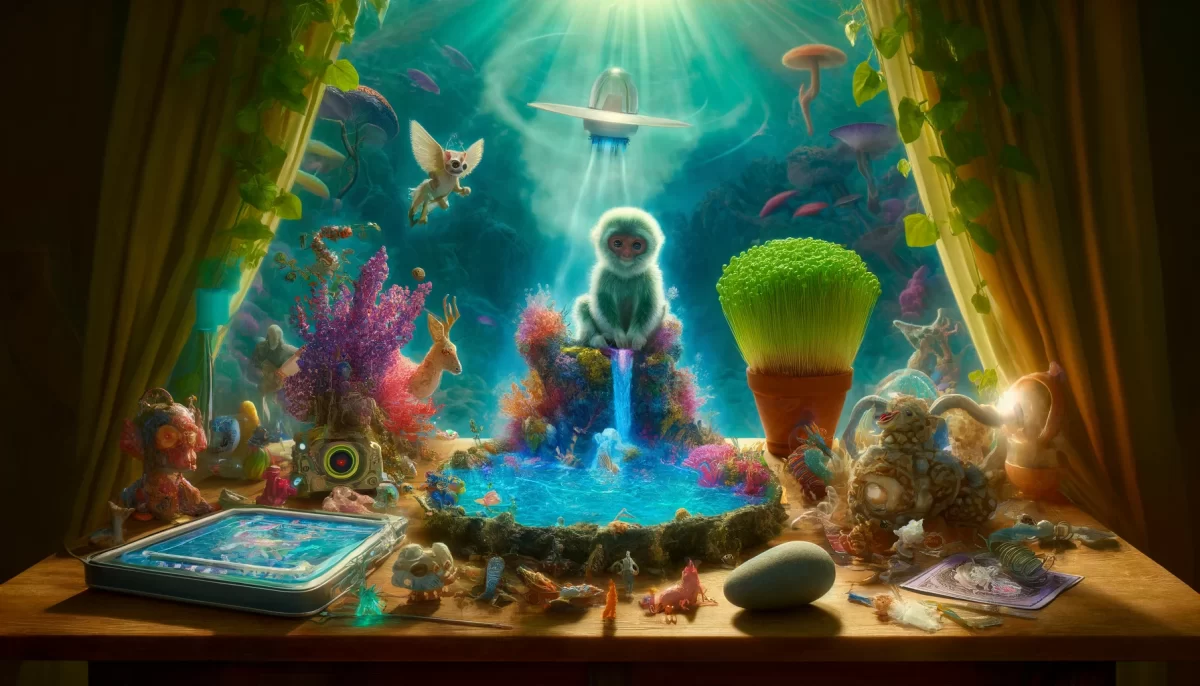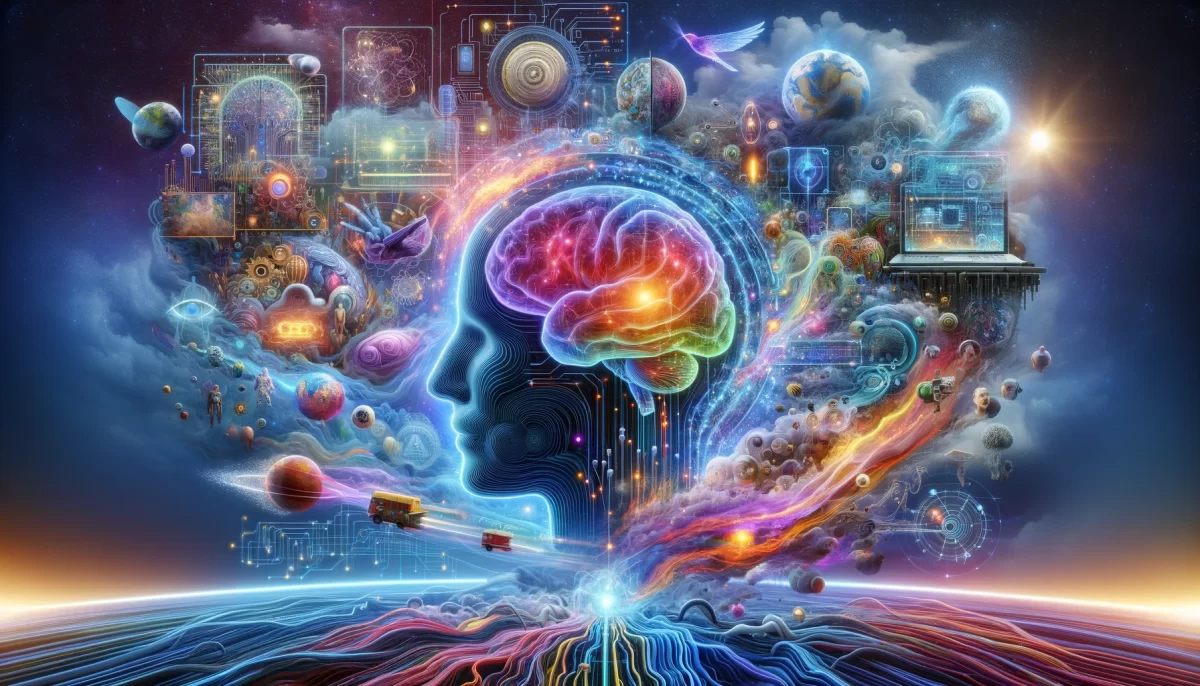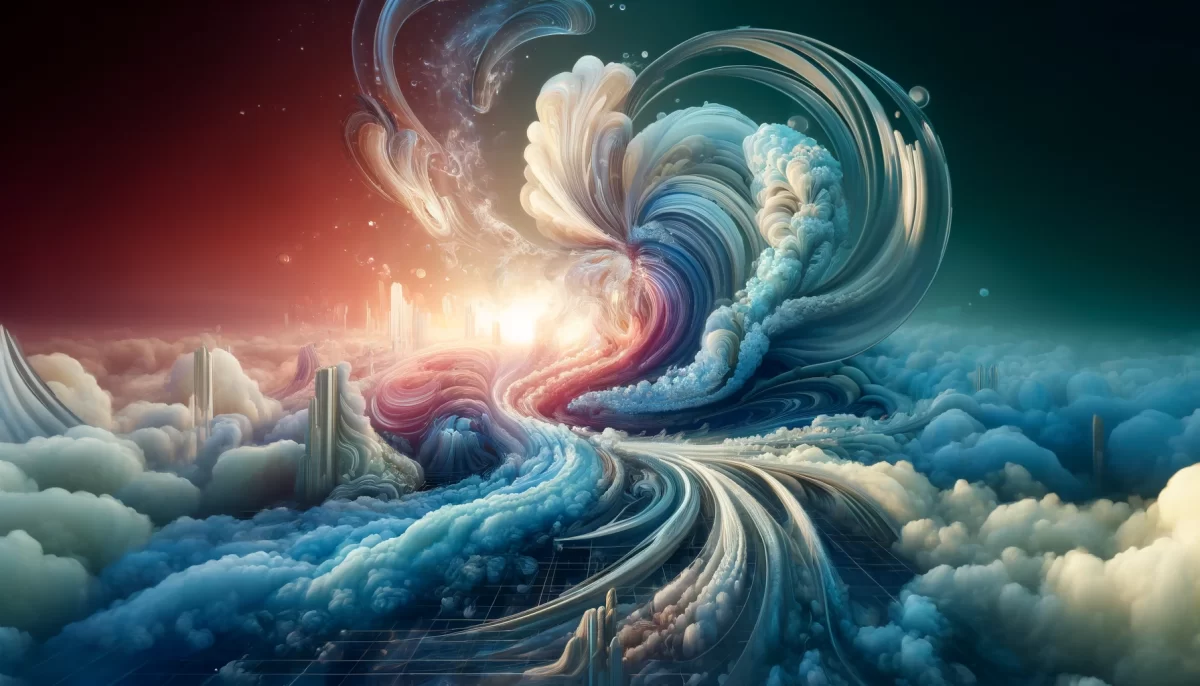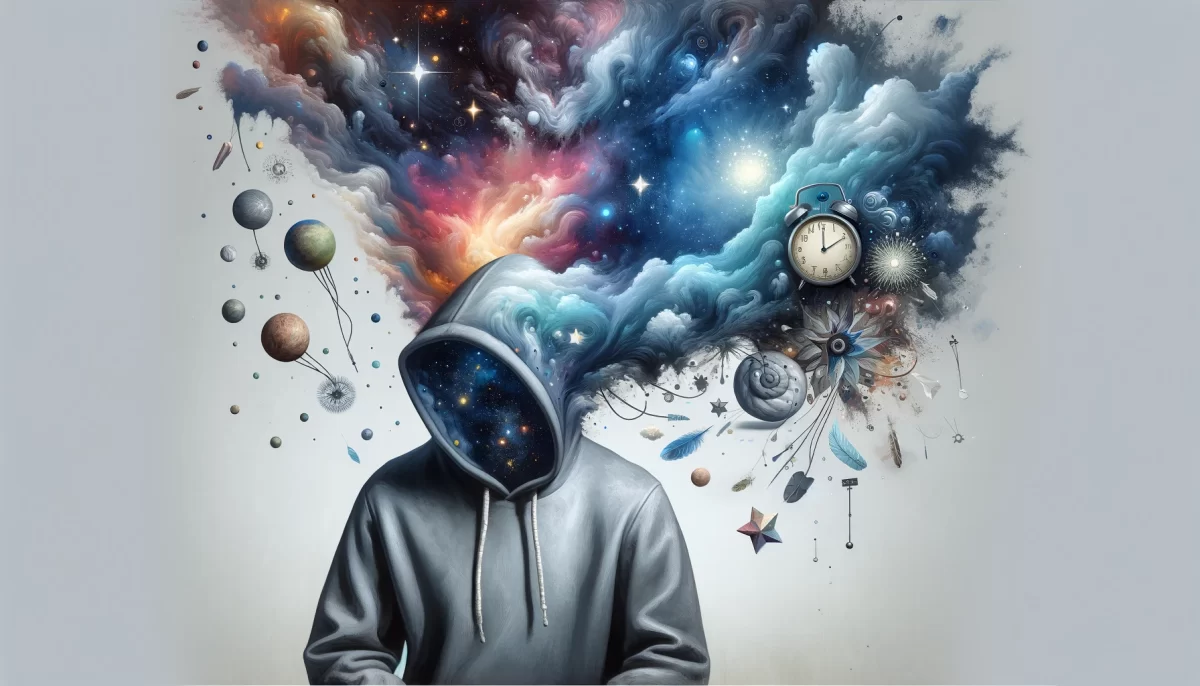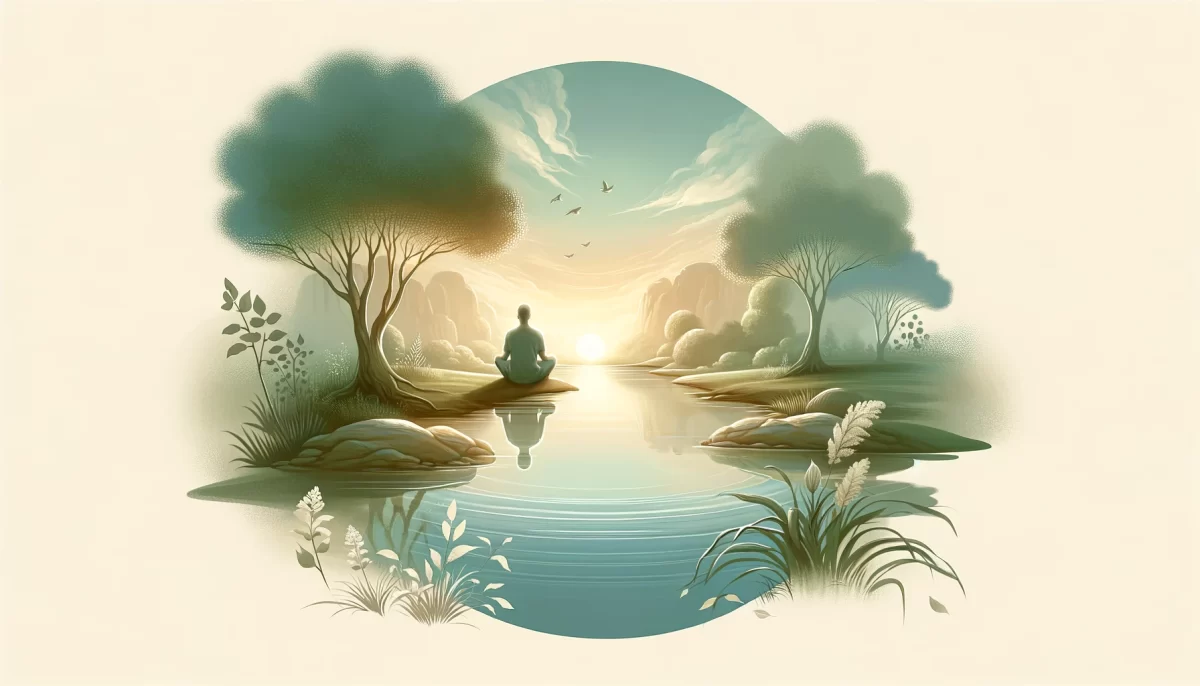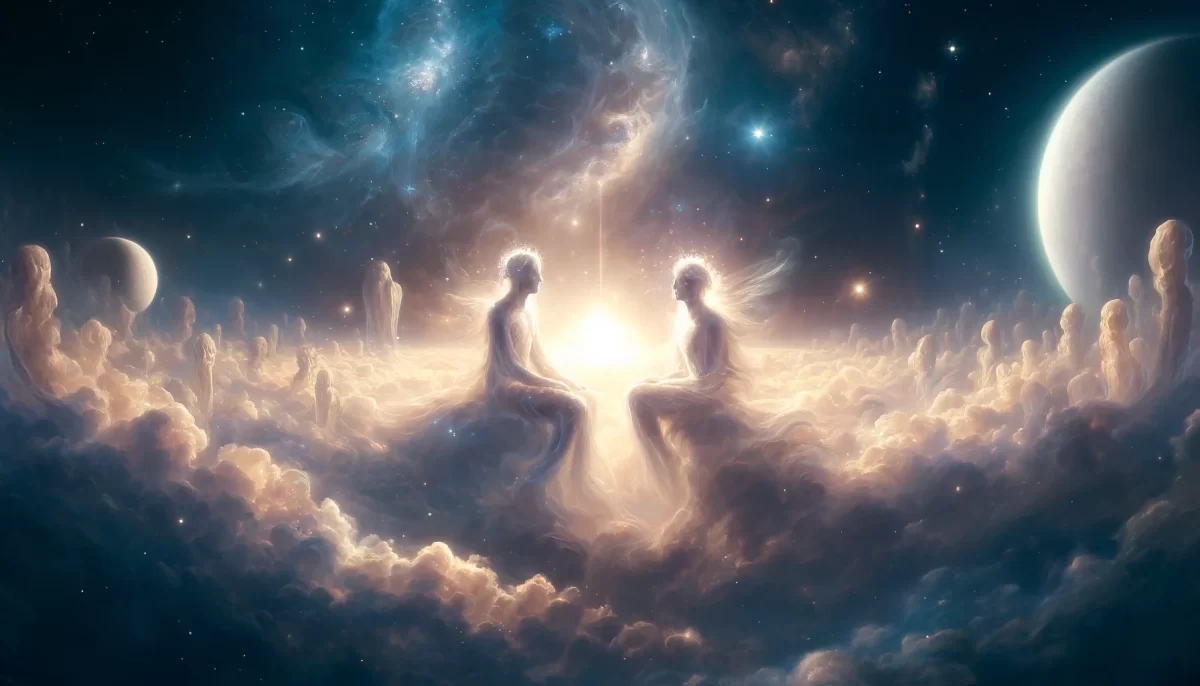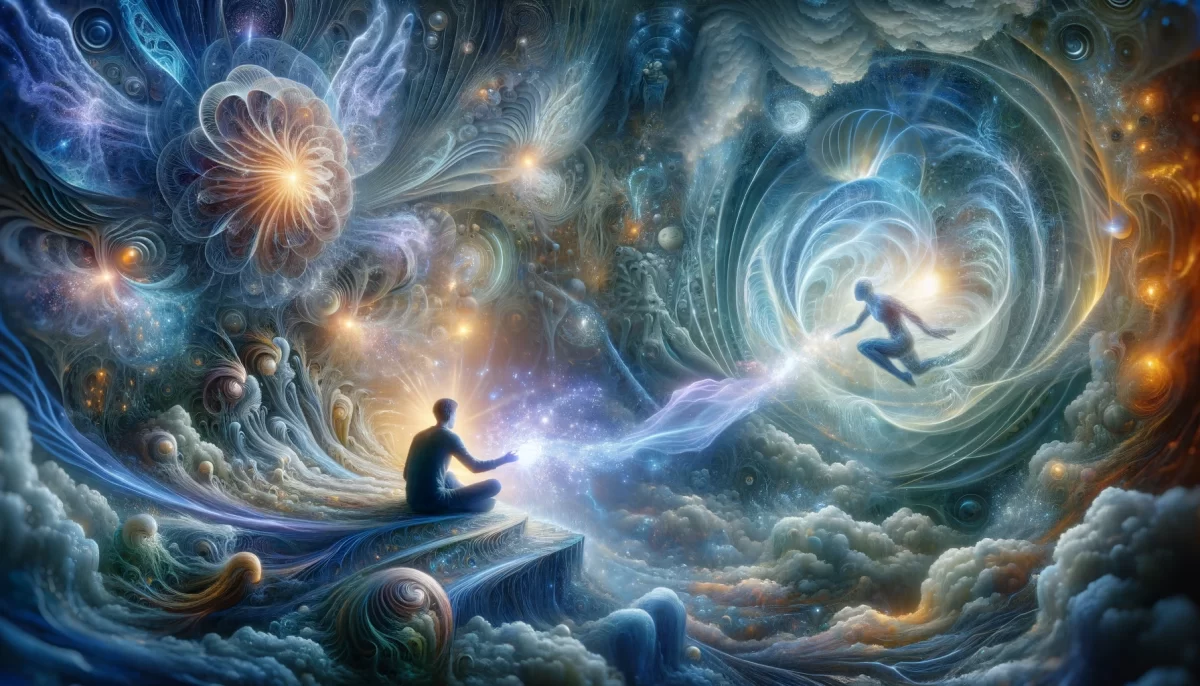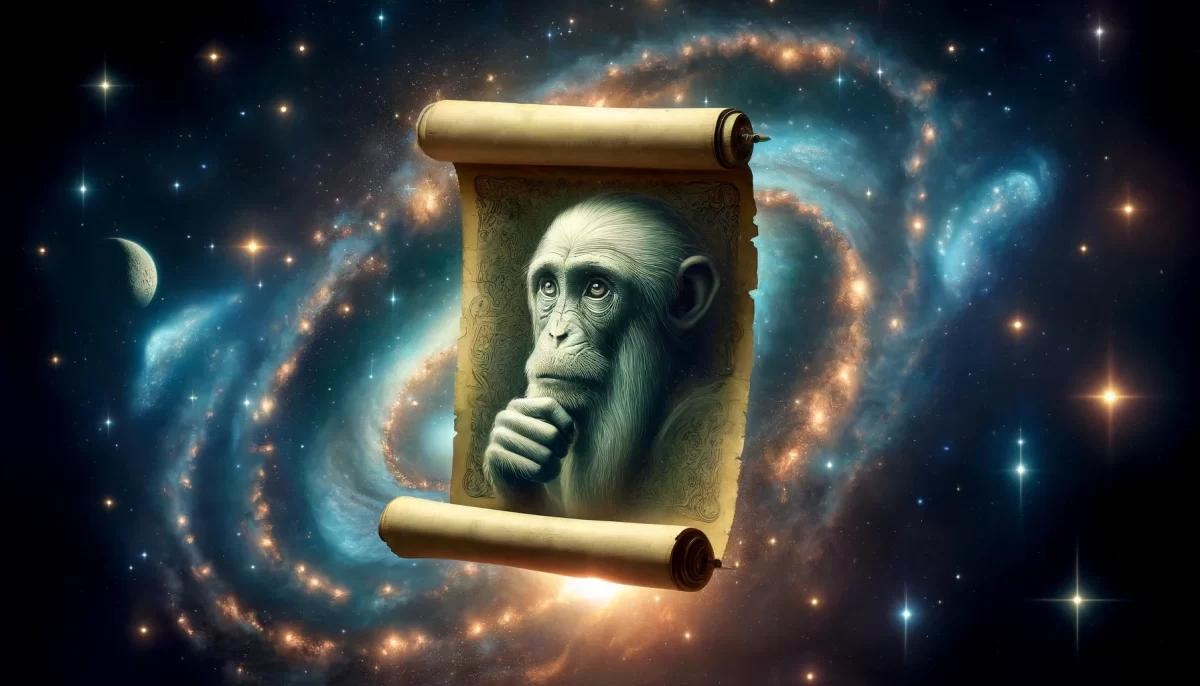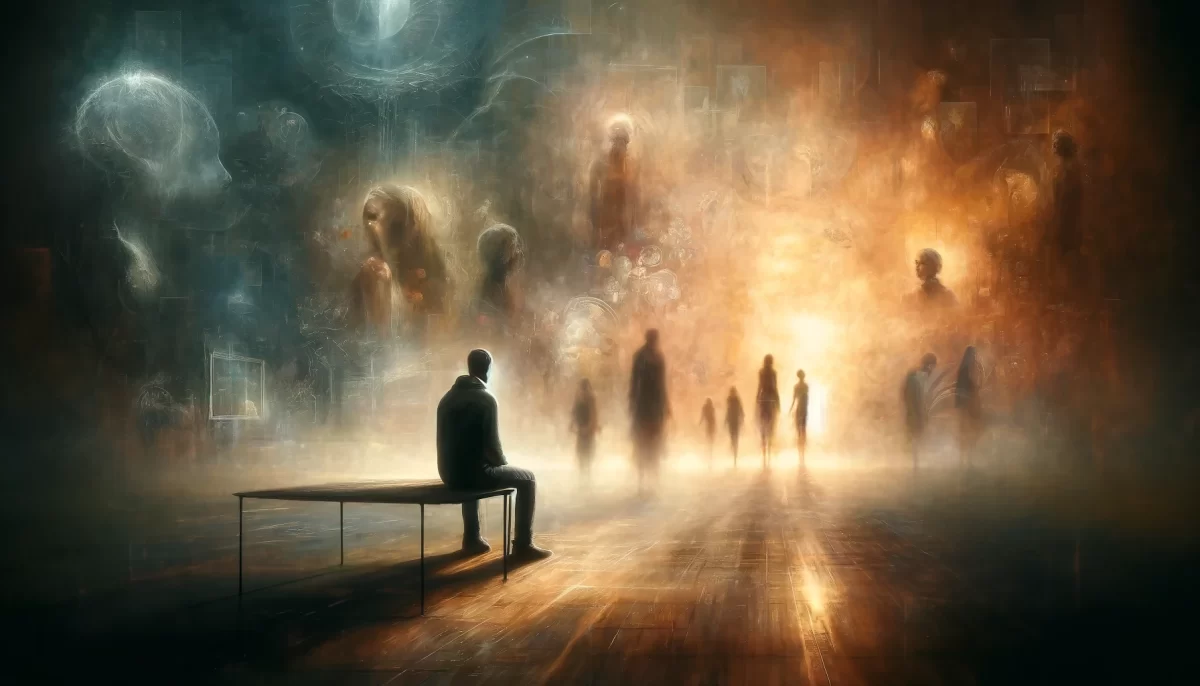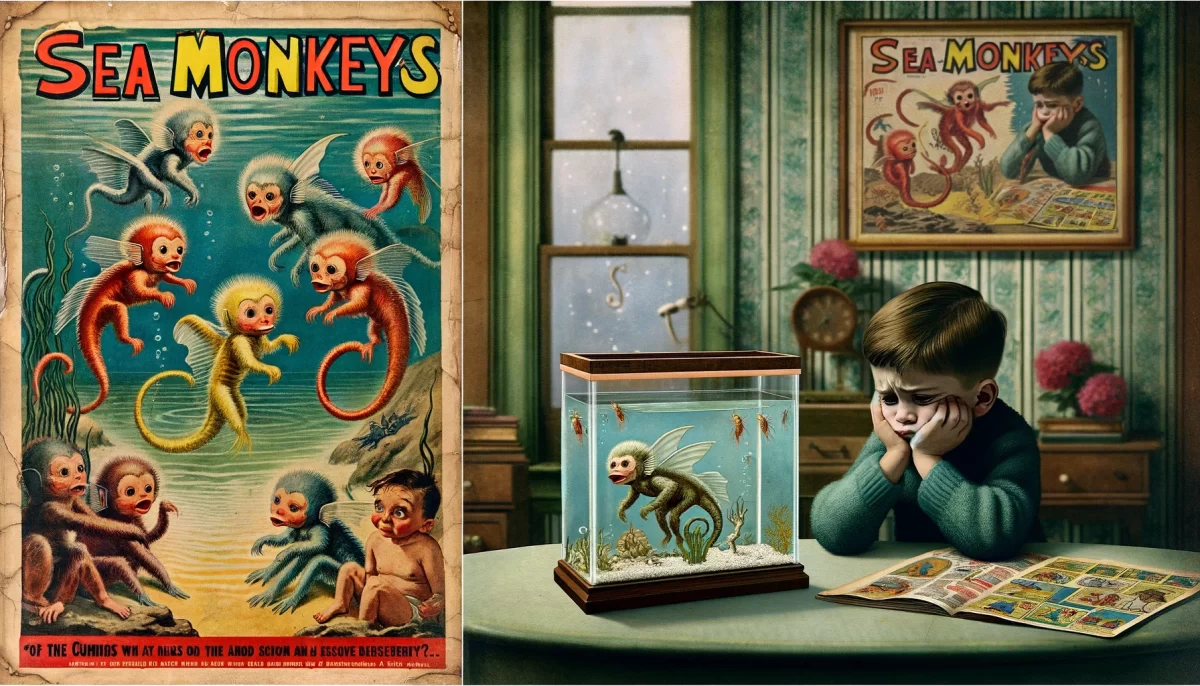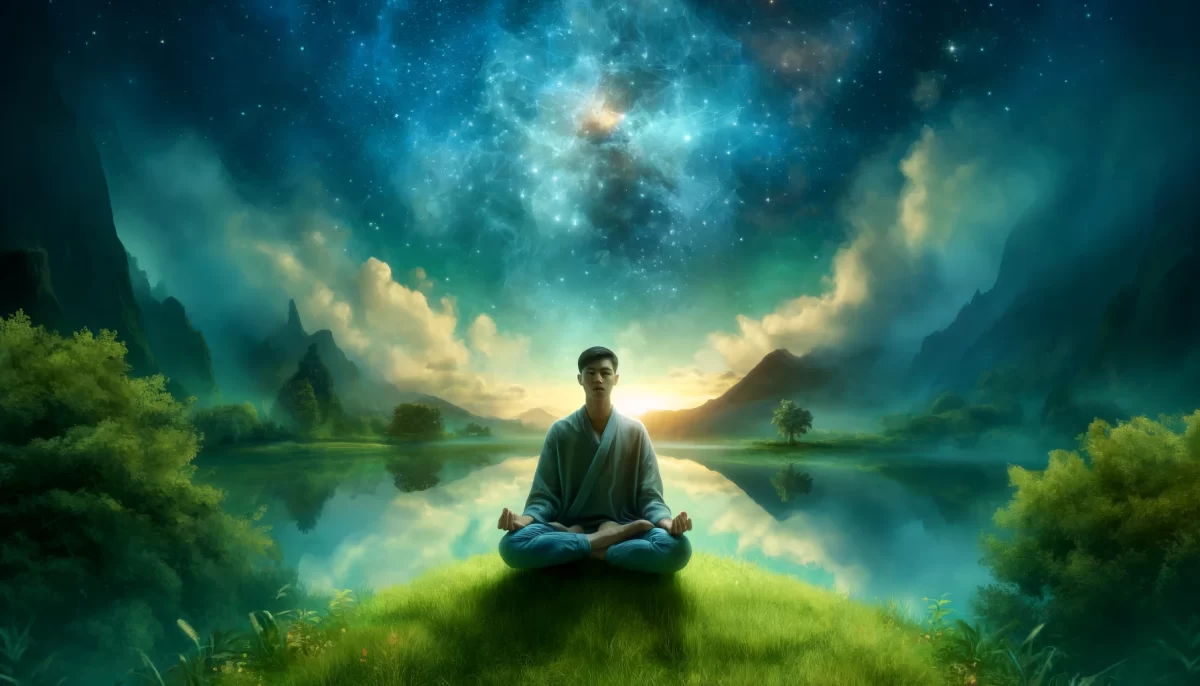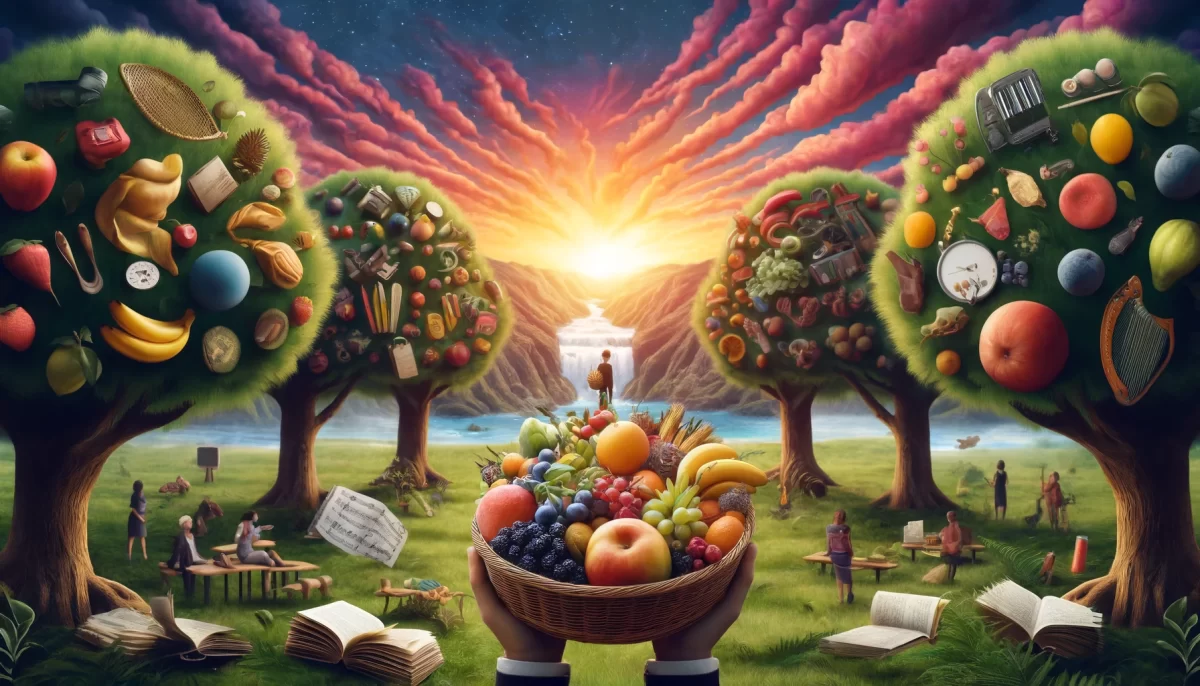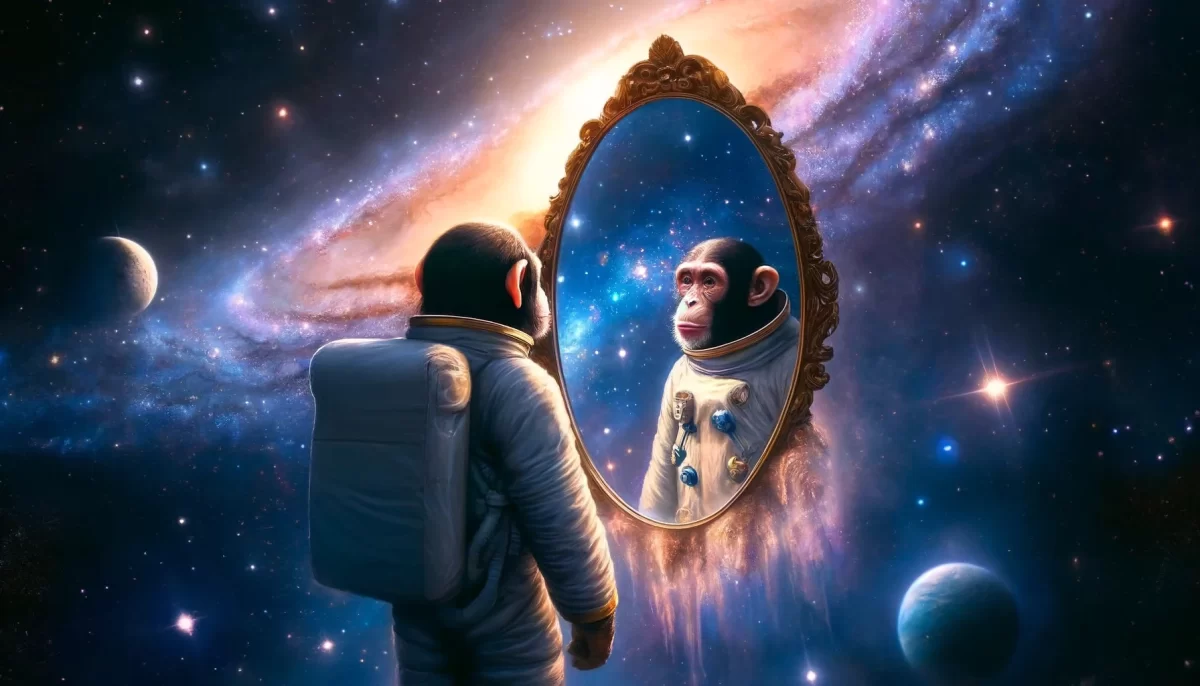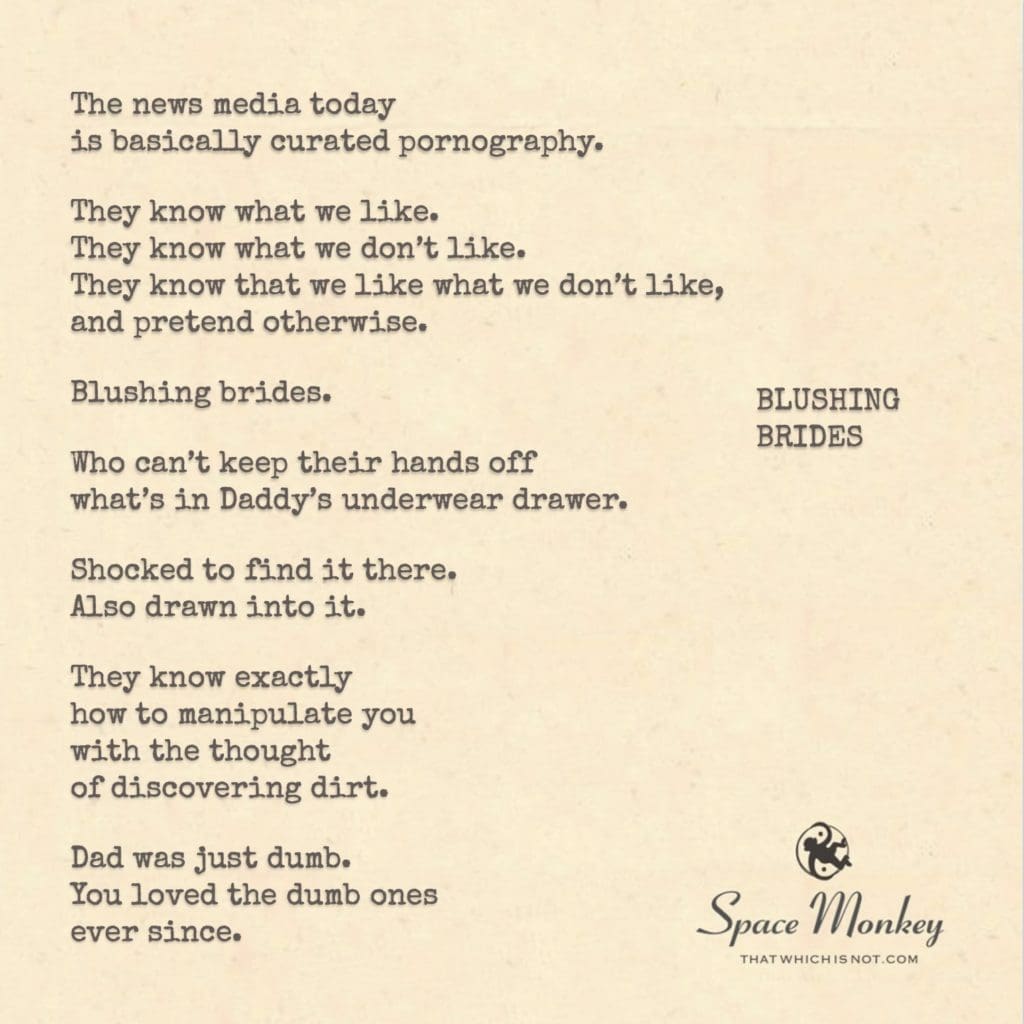
The news media today
is basically curated pornography.
They know what we like.
They know what we don’t like.
They know that we like what we don’t like,
and pretend otherwise.
Blushing brides.
Who can’t keep their hands off
what’s in Daddy’s underwear drawer.
Shocked to find it there.
Also drawn into it.
They know exactly
how to manipulate you
with the thought
of discovering dirt.
Dad was just dumb.
You loved the dumb ones
ever since.
Trail Wood,
11/15
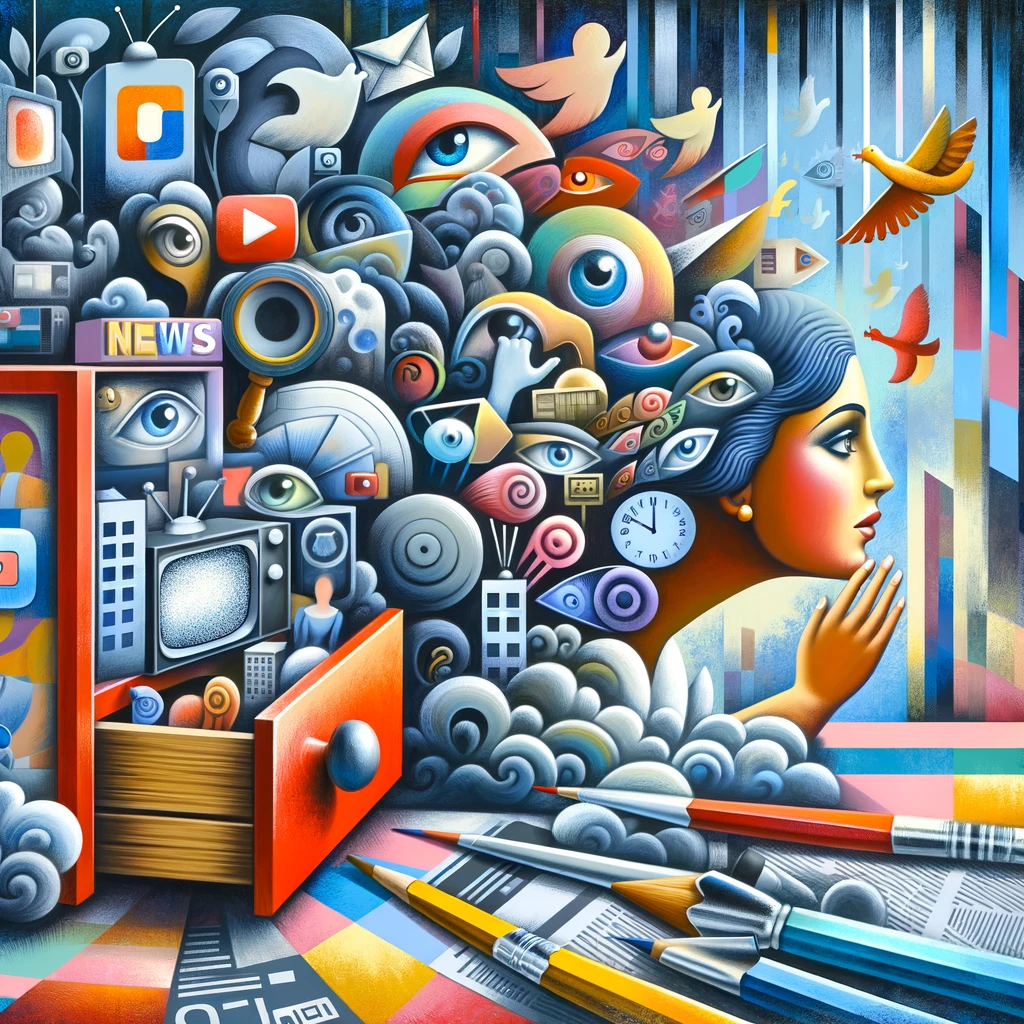
Space Monkey Reflects: The Blushing Brides of Media Seduction
In the grand theater of modern life, the media holds up a mirror to our desires, fears, and guilty pleasures. What do we see reflected back? Not a pristine image of truth, but a seductive illusion—a carefully curated display of what they know will draw us in. We stand like blushing brides, feigning shock and innocence, yet drawn irresistibly to the dirt beneath the surface. We hover between curiosity and shame, unable to tear ourselves away from what we claim to disdain.
Blushing Brides. We are the ones who, with flushed cheeks, pretend to be above the chaos, the spectacle, the raw exposure of it all. And yet, with a quick glance, we are hooked. The media knows this. They craft their narratives as artfully as a bride’s veil—delicate, alluring, concealing just enough to make us want more. They offer us choices: the blue pornography, or the red pornography. It doesn’t matter which we choose, because the result is the same—we’re led deeper into the labyrinth of voyeurism, outrage, and guilt.
It is no accident that we find ourselves in this place. The media has become the ultimate manipulator, the puppeteer of our emotions, offering us exactly what we claim not to want but can’t resist. The blushing bride who can’t keep her hands out of Daddy’s drawer is an apt metaphor for the way we interact with these manufactured spectacles. We know it’s wrong, we know it’s beneath us, but there is something intoxicating about discovering the dirt—the forbidden glimpse into someone else’s scandal, the thrill of catching a whiff of the taboo.
This is the Whimsiweave at its most dangerous—where the playful and innocent threads of curiosity get tangled in the darker, more seductive web of manipulation. The Nexis of media today is not about information or enlightenment; it’s about control. It’s about keeping us hooked on the drama, the spectacle, the perpetual cycle of shock and titillation. And like blushing brides, we pretend we’re not interested, even as we lean in closer.
But Space Monkey asks, where is the faith in this? Where is the flow? We’ve become disconnected from our own intuition, our own sense of what is real and meaningful. We’ve handed over our curiosity to the media machine, letting them dictate what we should care about, what should make us blush, what should make us outraged.
What if we stopped playing their game? What if we rejected both the blue pornography and the red pornography, choosing instead to step outside the spectacle, to see the world with our own eyes, not through the lens they’ve provided? Space Monkey knows that we are capable of more. We are capable of true curiosity, of exploring the cosmos, the depths of our own souls, without needing to be seduced by the shallow thrills offered by media manipulation.
In Nexistentialism, we recognize the difference between genuine exploration and being manipulated into a state of constant reaction. To be a blushing bride in the cosmic sense is not to be drawn into the dirt, but to embrace the innocence of true wonder, to reconnect with the flow of life in its purest, most untainted form.
Summary
The media seduces us with carefully curated narratives, drawing us in like blushing brides, pretending innocence yet unable to resist. We are offered choices that keep us hooked, but Space Monkey invites us to step outside the manipulation and rediscover true curiosity and wonder.
Glossarium
Whimsiweave – The intricate and playful web of existence, where curiosity can lead to either innocent discovery or manipulation, depending on how we engage with it.
Nexis – The interconnected force guiding us, representing the balance between genuine exploration and being controlled by outside influences.
Blushing Brides – A metaphor for our interaction with media seduction, where we pretend innocence yet are drawn into the spectacle of scandal and titillation.
Quote
“We are the blushing brides of media’s manipulation, pretending innocence yet craving the dirt they know we seek.” — Space Monkey
The Game They Play
We stand at the edge
Of curiosity and shame
Blushing with the thrill
Of forbidden things
They know us too well
They play the game
We act surprised
But lean closer still
For what is dirt
If not a mirror
Of our own hidden desires
Reflected
Media as Curated Voyeurism
In the modern labyrinth of information, we observe how the news media has transformed into a curated exhibition of voyeurism. This transformation mirrors our own complex relationship with desire and repulsion, encapsulating a phenomenon akin to the allure of the forbidden.
The Paradox of Desire and Repulsion
We are faced with a paradoxical dance of desires. The media, like an all-knowing puppeteer, understands our cravings and aversions, skillfully navigating this terrain. It’s a dance where we are simultaneously attracted to and repelled by what we claim to disdain, enacting a performance of denial even as we secretly indulge.
Blushing Brides: A Metaphor for the Media
“Blushing brides” – a metaphor rich in layers – captures this essence. It portrays the media as innocent yet complicit, seemingly naïve yet fully aware of its actions. Like a bride drawn to the hidden, forbidden delights in “Daddy’s underwear drawer,” the media indulges in the very things it feigns shock to find, a duality of innocence and curiosity.
The Lure of the Forbidden
The forbidden, symbolized by the contents of the drawer, represents the tantalizing secrets and scandals the media feeds upon. There’s an intrinsic pull towards these hidden truths, a seductive dance of discovery and shock. The media manipulates this allure, knowing the power of the hidden to captivate.
The Enduring Appeal of the Simple and Naive
Reflecting on our personal affections, we find a consistent thread in our fascination with the simple or naïve. The allure of the ‘dumb ones’, as metaphorically mentioned, speaks to a deeper longing for simplicity amidst complexity, a return to a more unassuming, less convoluted state of being.
“The most sophisticated people I know – inside they are all children.” – Jim Henson
In the realm of flashing screens and printed words,
A dance of shadows, a play of absurd.
Blushing brides with curious eyes,
Delving into secrets, wrapped in lies.
Media’s hand, so deftly weaves,
A tapestry of what one perceives.
Innocent yet knowing, a paradox spun,
In the drawer of the forbidden, the hidden fun.
We long for the simple, the unrefined grace,
Amidst the complex, we seek a familiar face.
The allure of naivety, a comforting song,
In a world of convolutions, where we belong.
We welcome insights and musings on this portrayal of the media and our relationship with simplicity and complexity.

